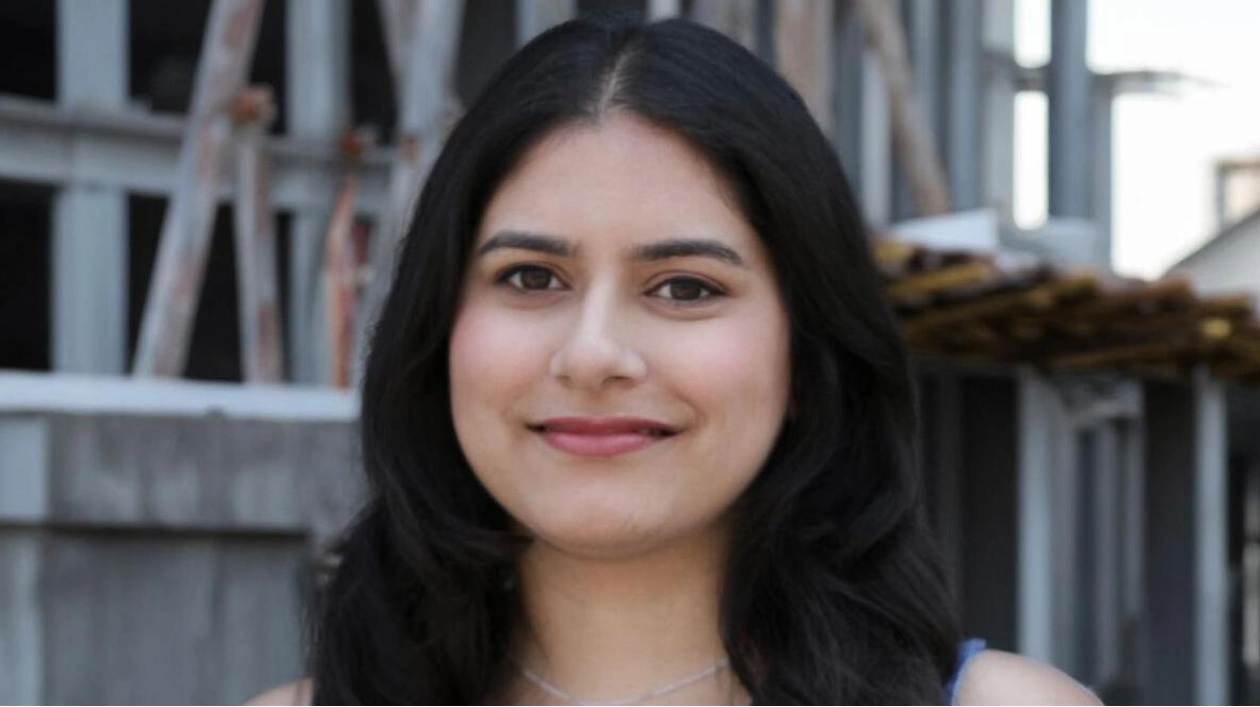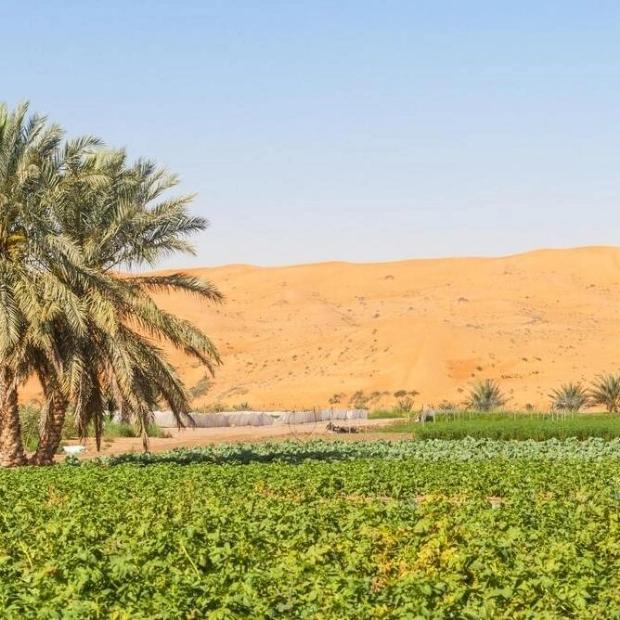In the realm of worldviews, Gen-Z's perspective stands distinct. Each generation faces its own set of challenges, and for Gen-Z, the climate crisis looms large. They've inherited a world where nature is voicing its discontent through phenomena like heatwaves, forest fires, and a depleting ozone layer. In this context, sustainability has become a critical concern, prompting the youth to take proactive measures. Dubai-based Aanya Arora is a prime example of this initiative. As an architecture graduate from Rhode Island School of Design (RISD), she has reached the finals of the esteemed Terra Carta Design Lab grant, established by King Charles III and renowned designer Sir Jonathan Ive.
Aanya and her former classmate, Michael J. Faris, have developed Surplus, a digital marketplace aimed at extending the lifespan of materials. This initiative not only bolsters local economies and reduces construction and renovation costs but also fosters meaningful connections. Post-Covid, construction suppliers have imposed significant restocking fees, leading to the waste of viable materials. Surplus addresses this by connecting buyers with sellers of surplus materials, enabling contractors to locate materials by size, type, and location in real-time. The primary goal is to simplify the purchase of surplus building materials, akin to buying new ones.
The platform also highlights the significant amount of construction waste produced globally, much of which could be reused or recycled. Aanya acknowledges the challenge of shifting the industry mindset towards managing construction waste effectively. Historically, landfilling surplus materials has been the norm, necessitating a concerted effort to raise environmental awareness and promote sustainable practices. The concept of Surplus stems from Michael and Aanya's personal experiences witnessing rapid urban growth and the resulting construction waste.
Aanya's passion for architecture is deeply rooted in her upbringing in Dubai, where she observed the city's rapid expansion and the transformative power of design. She is drawn to human-centered interdisciplinary design, ensuring solutions are functional, accessible, and intuitive. Surplus exemplifies this approach, integrating insights from professionals and end-users. With a diverse advisory board, the project embodies a holistic, innovative approach to problem-solving. Currently, Surplus is being shared with industry professionals across the US, with plans for a public launch in January, contingent on winning the Terra Carta prize.






